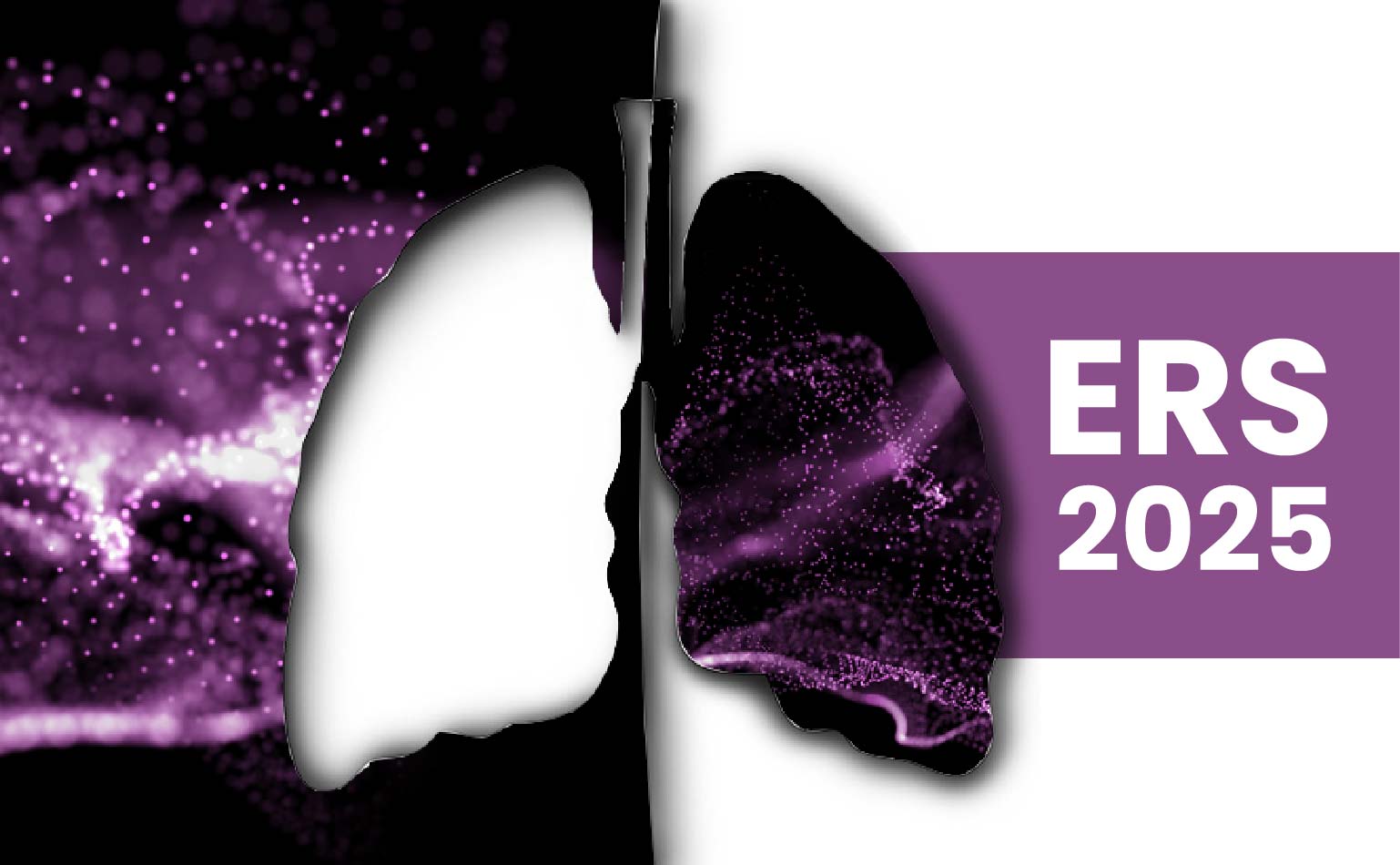ERS 2023: Inflammatory Endotypes, Microbiome and Exacerbation Risk In Bronchiectasis: A European Multicentre Study
The study presented at the ERS conference investigated the inflammation patterns in bronchiectasis patients and their relationship to microbiome profiles and exacerbation risk. The researchers enrolled 199 stable bronchiectasis patients from three European centers and utilized K-means cluster analysis to categorize them based on 33 inflammatory markers in sputum and serum. Four distinct endotypes were identified: cluster 1 (milder neutrophilic inflammation), cluster 2 (mixed-neutrophilic and type 2 inflammation), cluster 3 (most severe neutrophilic), and cluster 4 (mixed-epithelial and type 2 inflammation). Sputum microbiome analysis revealed that Proteobacteria and Pseudomonas were more prominent in Clusters 2 and 3 compared to Clusters 1 and 4. Although the clusters had similar clinical characteristics at baseline, patients in Clusters 2 (rate ratio [RR] 1.53, 95% CI 1.19–1.97) and 3 (RR 1.46, 95% CI 1.02–2.09) had significantly higher risk of exacerbations and severe exacerbations over 12 months of follow-up compared to Cluster 1. The study's findings demonstrated that bronchiectasis inflammatory endotypes are associated with distinct microbiome profiles and varying risks of future exacerbations, shedding light on the importance of personalized treatment strategies for bronchiectasis patients.
Poster ID 383, European Respiratory Society (ERS) International Congress 2023, Milan, Italy, 9-13 September, 2023.


